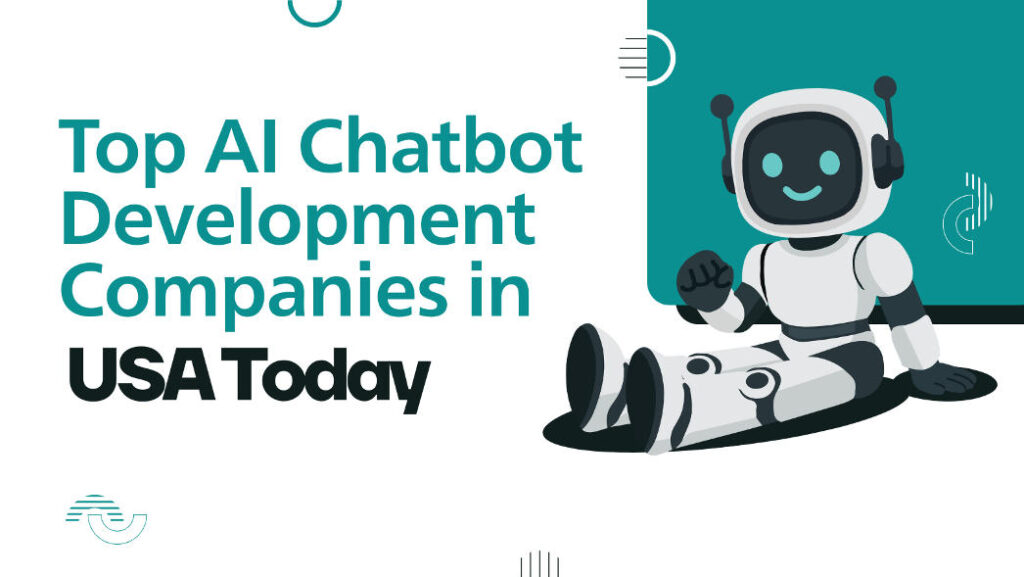With adoption of technology becoming familiar and acceptable for all ages, new trends of Robotic Process Automation (RPA) Services in various industries can be seen. From the early adopters such as IT industry or traditional Healthcare industry, RPA Services are gaining popularity in every sector.
Why are RPA Services becoming popular?
Who doesn’t want their company to have enhanced, efficient and effective management? RPA not only provides accurate real-time data, the services also include analytics and aid quick, well-informed decisions!
Aren’t RPA Services expensive?
While RPA may seem expensive at the time of installment of the service, it is actually a cheaper, cost-effective, productive and hassle-free alternative to the employment of manual labor for tasks that can easily be automated. Also, RPA can be run 24/7, thus increasing productivity phenomenally!
In the latest trends observed, insurance industries like SAFE-GUARD are using RPA to enhance and automate the processing of claims and customer service. But, can RPA Services be trusted for running the management of insurance companies? RPA has an edge over manual processing and management. Why? Because of its quick access to data it to easily detect errors and frauds efficiently! Following are the 6 emerging RPA trends in the insurance industry.
1. Why is the insurance industry leaning towards automation with RPA Services?
With the sudden boom of artificial intelligence (AI) technology and services becoming accessible and available for all, complete automation with the assistance of generative AI is now a possibility every industry is considering! In a gold rush to get their hands on the latest technology, RPA Services are playing a significant role in aiding the industries in their steed to become automated.
2. Why choose RPA Services over AI services?
One of the latest trends observed is that more of insurance companies are choosing RPA over AI services. This is because RPA is more economical! The return on investment (ROI) is quick with RPA as compared to the implementation of artificial intelligence (AI). Even though, the scalability of both AI and RPA can be done extensively for automating complex and large business processes, RPA is preferred for its cost-effectiveness.
3. Insurance companies are getting the best of both the worlds! But how?
By combining AI and RPA Services with Machine Learning (ML) to get an intelligent hyper-automation! This enables them with a system that manages the data, analyses it as well as acts on it with data-driven best possible decisions. The RPA Services bot can also calculate payouts along with detecting frauds, and verifying documents thereby efficiently fastening all the steps involved in claim processing. Hyperautomation also aids in automating value-adding tasks like an assessment of risks, recommending policies and retaining customers. AI enables RPA to analyze the emails from the customers, classify the intent, extract relevant and necessary information from the entire email through sorting and scanning and then respond appropriately.
4. Why Insurance Industries are trusting RPA Services over humans?
New York Life, Prudential Finance and many other insurance industries are trusting RPA because not only does it decrease their dependence on outsourcing but also provides faster turnaround along with efficient detection of fraudulent claims. It automates repetitive tasks, thereby reducing the labor cost as well as time of processing. But what makes the insurance industry put its faith on RPA Services is Cyber-security Automation.
Sensitive and confidential data like personal details, health and financial records, government-issued identity documents etc. are protected by the insurance industries in compliance with laws of the state and nation. RPA aids the insurance industry by streamlining the services of collection of data, fraud detection, validation and various activities of compliance. While RPA prevents these sensitive documents from reaching the wrong hands physically, it also poses a possible online threat through hacking. The cyber-security can be achieved with integration of complex cyber-security tools with RPA for the ultimate Cyber-Security Automation which is one of the trends that is emerging in almost all industries including government authorities.
5. Can RPA Services give the ‘human feel’?
Humans are social and need conversations. No wonder customer care is a never dying industry! Insurance industry is entirely based on providing their customers the humanly comfort. This can become a hassle with excessive load of customer inquiries, complaints and requests and may require a larger team to quickly revert, converse and maintain good relationships with the clients. The latest trend of RPA fulfills this exact need with the aid of Conversational AI. The AI is often based on multiple language processing models such as NLU, NLP etc. so as to imitate and initiate natural human-like conversations with the customers.
6. How to scale and get an edge over other Insurance companies?
Digitalization assisted with RPA Services is the key to provide your customers with faster, smoother and smarter insurance solutions. One of the key challenges faced while scaling the insurance industry is the stockpiled data and complicated IT system. In the emerging trend, insurance companies are getting their RPA Services base moved to cloud. The cloud-based automation permits access of services and resources via internet at any given time and from anywhere! Thus permitting insurance industry to reap multiple benefits such as flexibility, ability to collaborate with stakeholders, cost-effectiveness and much more! It also allows innovation by enabling integration of blockchain, AI, NLP, ML etc. to create newer solutions with RPA.
Innovation and growth are often directly proportional. Insurance companies must keep itself updated with the latest technology so as to not get outdated and to stay ahead of the competition. RPA Services are innovating at a great speed and possess the potential to disrupt the market! Newer trends are emerging that are collaborating with RPA to provide the best possible solutions for the industry. The latest trend in the industry is by using Artificial intelligence. AI when combined with RPA can yield exemplary results. It could be IDP- intelligent document processing or Conversational AI or any other form of intelligence which is combined with RPA to provide the ultimate automation.



